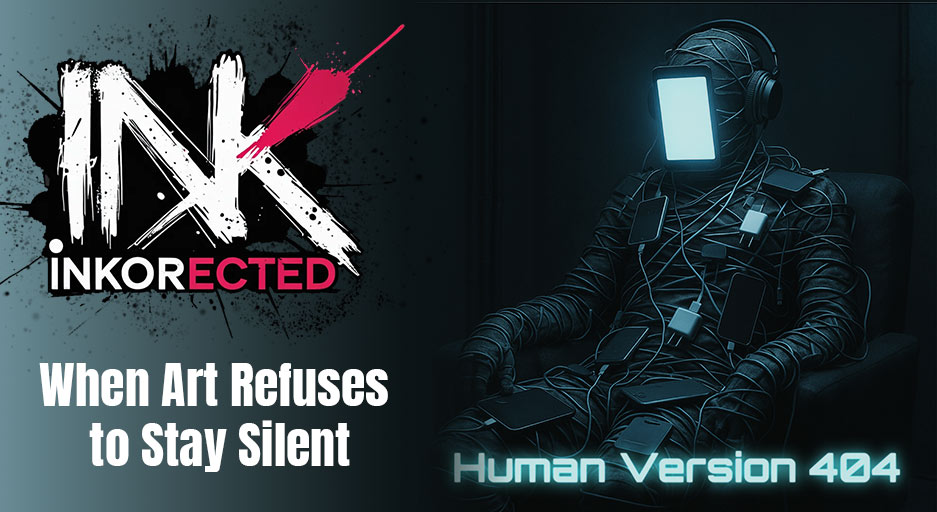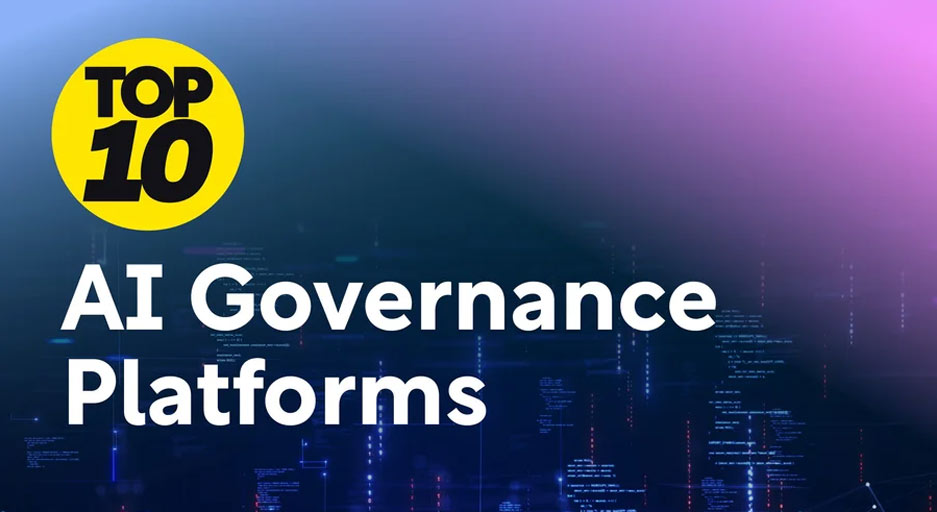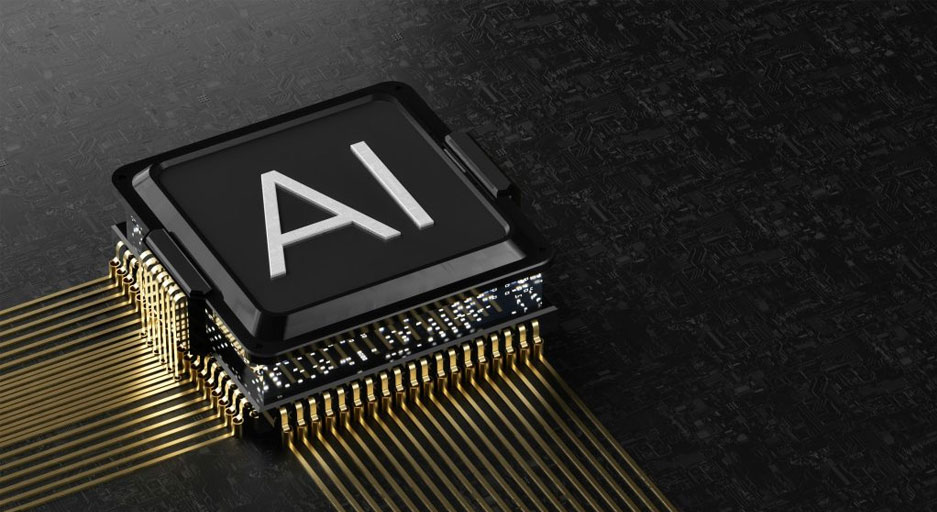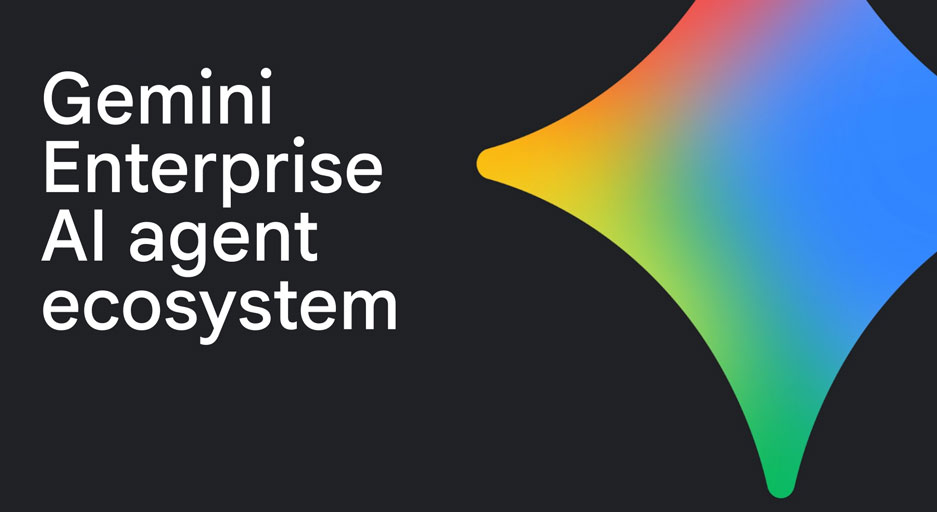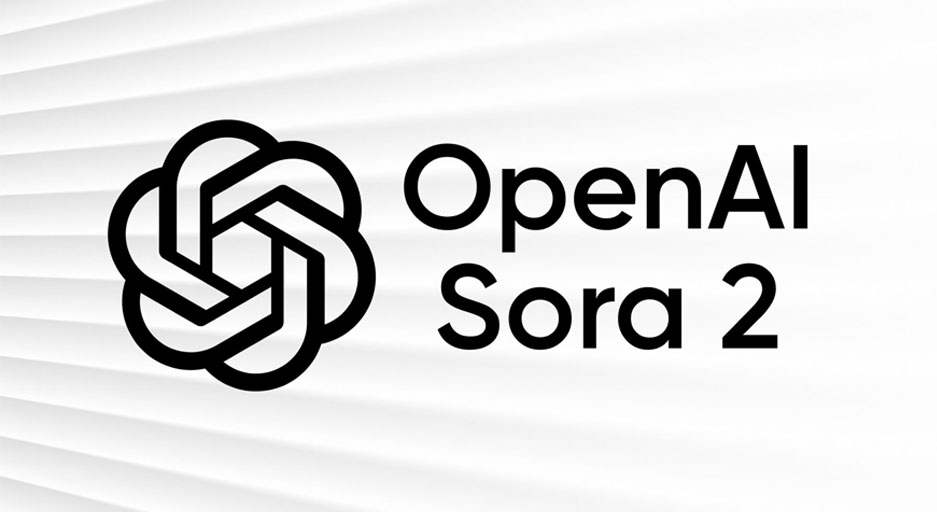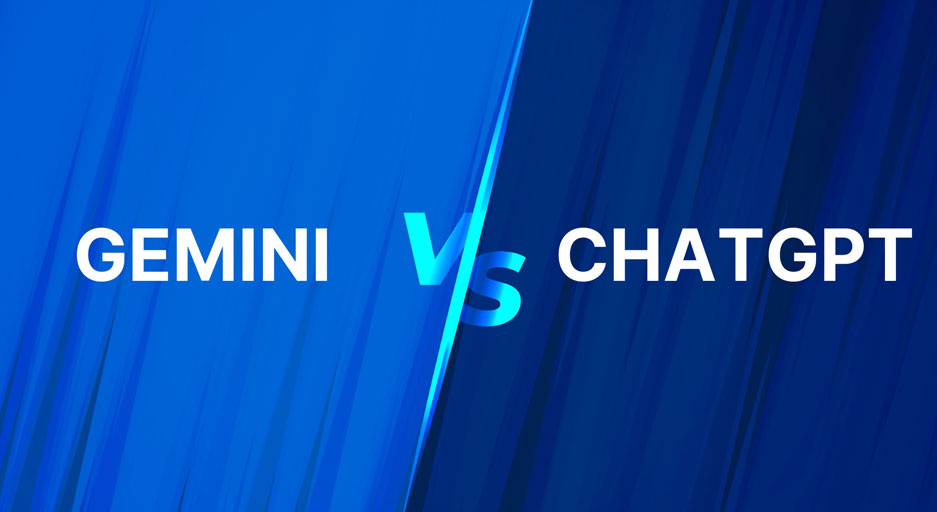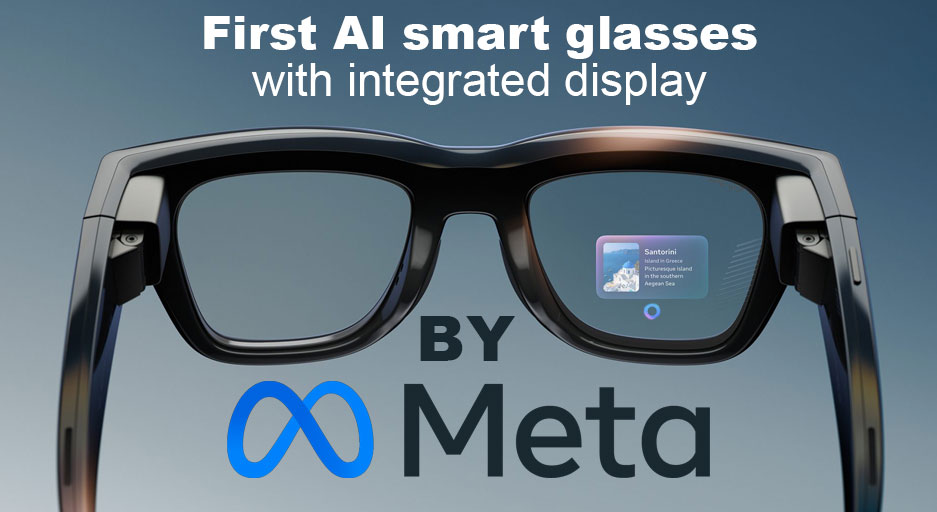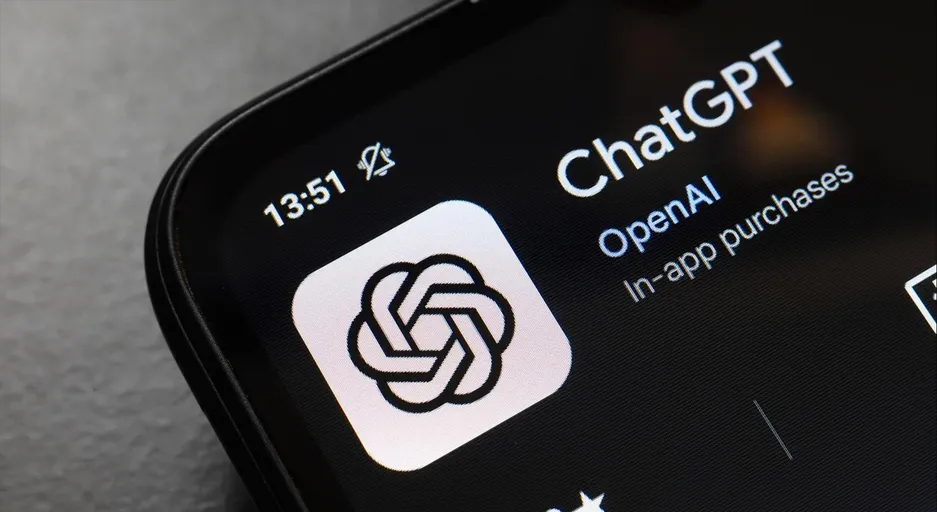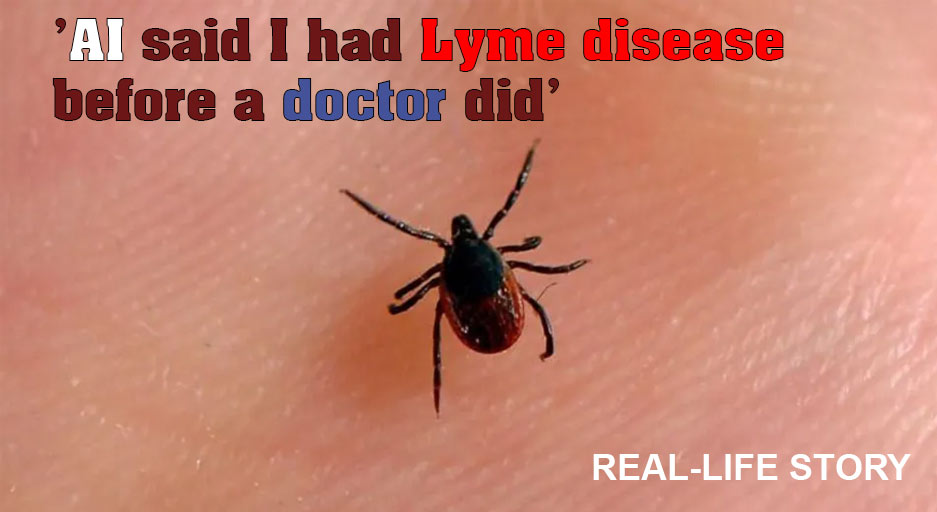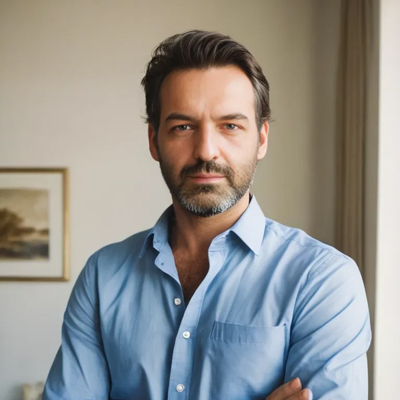When AI Diagnosed Lyme Disease Before a Doctor Did: A Real-Life Story
The Struggle Begins: Unheard Symptoms
Imagine living with a constant, high-pitched ringing in your ears, coupled with relentless fatigue and muscle spasms, yet repeatedly hearing that it’s “just anxiety” or “normal hearing loss.” This was Oliver Moazzezi’s reality. An IT consultant with a career at Microsoft 365, Oliver once led an active lifestyle—going to the gym, swimming regularly, and enjoying outdoor activities. But everything changed after a tick bite brought home by his cat in the woods near his home.
Over three years, Oliver’s symptoms escalated. Tinnitus became unbearable, so loud that it drowned out subtle natural sounds he once cherished. Fatigue and muscle spasms robbed him of his strength, and high blood pressure added another layer of stress. Despite numerous visits to healthcare professionals, he felt ignored. Every explanation he received seemed superficial, leaving him frustrated and isolated. The more he tried to articulate his condition, the more he felt like a hypochondriac.
Turning to Artificial Intelligence
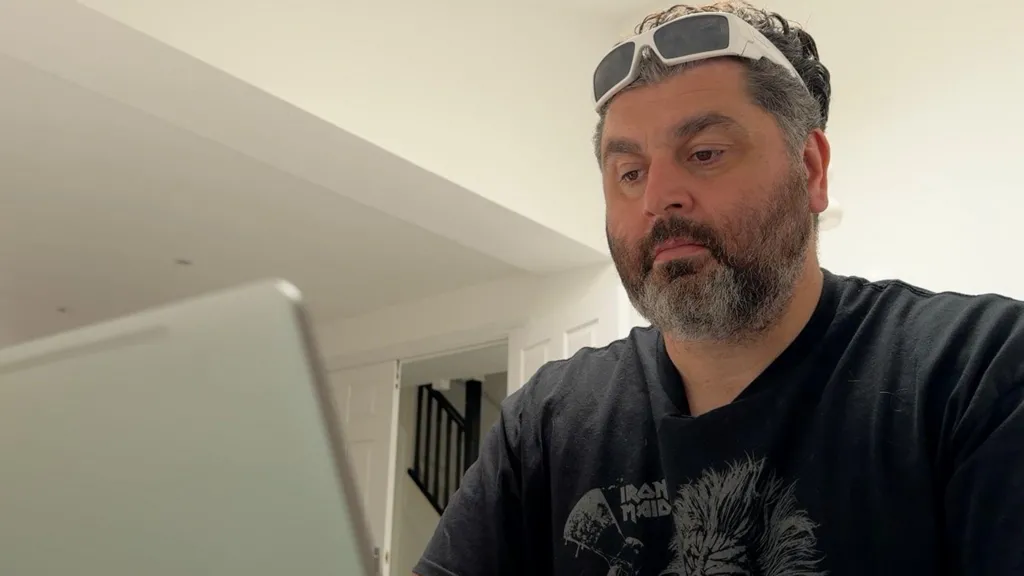
Feeling unheard but not willing to give up, Oliver turned to a tool he knew well: Artificial Intelligence. By feeding the AI detailed information about his symptoms, including the tick bite, the onset of tinnitus, fatigue, and muscle spasms, he hoped to gain a perspective the traditional healthcare system had overlooked.
He instructed the AI to only consult verified medical sources, ensuring the information was reliable. Without mentioning any potential diagnoses, he simply presented his lived experience. The result was both surprising and eye-opening: the AI suggested Lyme disease as a possibility.
Encouraged by this insight, Oliver sought a private antibody test. The test confirmed the AI’s prediction—Oliver had indeed contracted Lyme disease. The validation was both relieving and empowering. Finally, he had a clear path toward treatment, and the sense of being misunderstood began to lift.
Recovery and Rediscovering Life
With the correct diagnosis, Oliver began treatment and slowly regained aspects of his former life. Some of the symptoms, including tinnitus, started to improve, allowing him to enjoy simple yet profound experiences, like the rustling of leaves or the chirping of birds—sounds he had forgotten amid months of ringing and fatigue.
Oliver’s journey underscores the potential of AI to support healthcare, particularly in cases where symptoms are complex and often misattributed. Yet, experts caution that AI should never replace human medical judgment. Specialists like Georgia Tuckey, a clinician focusing on tick-borne diseases, stress the importance of interpreting symptoms in the context of structured clinical knowledge. Meanwhile, AI researchers like Professor Ella Haig emphasize the necessity of human oversight to avoid misdiagnosis and ensure safe, responsible use.
Reflections: Technology, Trust, and Responsibility
Oliver’s story raises broader questions about the evolving role of technology in healthcare. How much should we trust AI when it provides insights that challenge conventional expertise? Can algorithms help identify overlooked conditions in healthcare systems constrained by time and resources? How do we balance the objectivity of data-driven tools with the empathy and nuanced understanding only humans can provide?
His journey illustrates a delicate balance: technology can empower patients, revealing possibilities that were previously hidden, but it cannot replace the judgment, experience, and compassion of trained medical professionals. As AI continues to evolve, stories like Oliver’s highlight the importance of responsible integration, where human clinicians and algorithmic tools work collaboratively rather than competitively.
Oliver’s experience ultimately serves as a testament to persistence, curiosity, and the thoughtful application of technology. It reminds us that while AI can illuminate new paths, it is human observation, resilience, and guidance that transform insights into meaningful, life-changing action.
About the author : koosha Mostofi
I’m Koosha Mostofi — a multidisciplinary media creator, full-stack developer, and automation engineer, currently based in Tbilisi, Georgia. With more than two decades of professional experience, I’ve been fortunate to work at the crossroads of technology and creativity, delivering real-world solutions that are both visually engaging and technically robust.


